resources
Maybe you’re ready let us help you with your tax and accounting needs; maybe you need a bit more information. Below are resources and FAQ’s to help you determine what your needs are and how to meet them.
Click the bulleted item and a new tab will open with information you need.
federal tax information
faqs
when do I need a cpa?
The choice of when to use a CPA varies from person to person. We see it most with the following situations:
You become self-employed
You receive Schedule K-1s from partnerships, LLCs or S corporations
You have oil and gas investments, stock options or rental property
You qualify for the new IRC Section 199A deduction for qualified business income
You own a small business
how do you bill for your services?
Our fees are based on the time it takes to complete your work. Our billing rates range from $110 to $275 per hour, depending on the services provided and the level of staff involved.
what happens if I get audited?
We will represent you before the IRS if you receive a notice or letter. Most audits are merely requests for clarification regarding a specific line item on your tax return. These can typically be taken care of by written correspondence or a phone call, which minimizes our time. IRS representation is a separate engagement and will be billed accordingly.
i am an independent contractor - what income do I have to report on my tax return?
All taxable income received must be reported on your tax return, regardless of whether you received a Form 1099-NEC or not.
how do I know if I need to make estimated tax payments?
Estimated tax payments are required if you have income that has no tax withheld on it. The following are examples that could result in the need for estimated tax payments:
Investment earnings (capital gains, dividends, interest)
Gig income
Small business income from sole proprietorships, partnerships, LLCs or S corporations
Rent houses that make a tax profit
which is better - LLC or S corporation?
Unfortunately, this is not a simple question. S corporations are best for those who want to save on self-employment taxes and do not mind filing quarterly payroll reports. LLCs are preferable for those who don’t want to worry about payroll and minimizing self-employment taxes. This analysis also needs to include discussion of employee health insurance, employee retirement plans, how to qualify for the IRC Section 199A deduction and legal liability issues.
it might be time for an introduction
You know what we can do for you - time to get it done.
